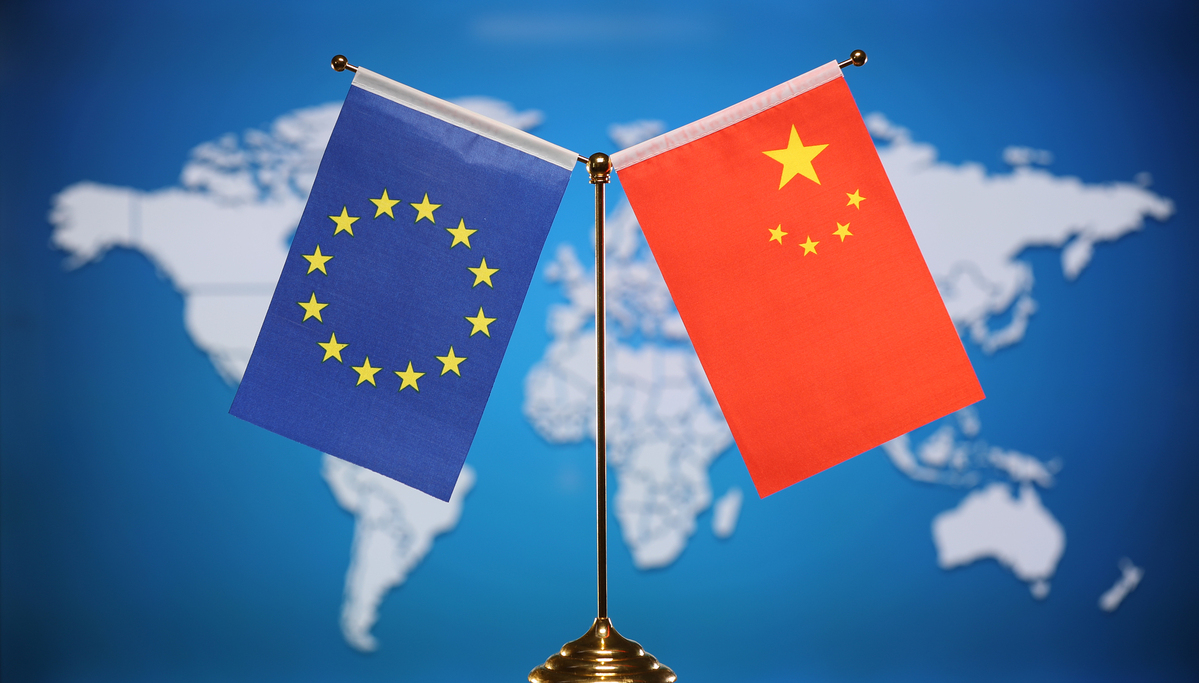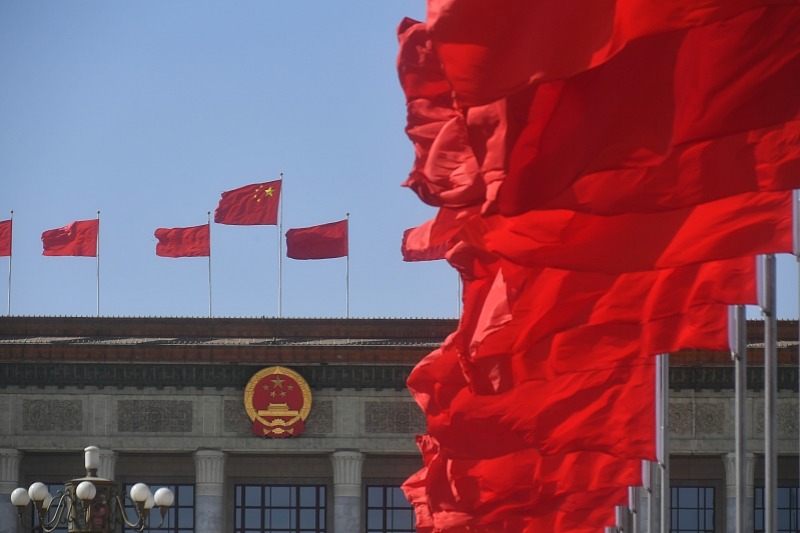Humanities is the bridge China and Europe need


The recent meeting between China and the European Union, along with China's statement on the major issues at stake between Europe and China, should attract our attention and provoke reflection. This concerns two of the world's oldest living civilizations, whose respective global influences are undeniable and profound, and whose reciprocal relations have been attested for centuries.
However, it seems that this relationship has yet to be built, that it still belongs to the future, so we come to think that our long common history has not yet been enough to establish a true community between the two extremes of Eurasia. It should be noted that the establishment of such a community or mutuality is not self-evident on several levels.
The first is that Europe is neither a country nor a nation. The unity that the European Union is supposed to represent remains relative, highly administrative and ultimately fragile, as it is prey to numerous internal dissensions and criticisms on the part of the various member states concerned with their sovereignty and particular interests. The complexity of European unity makes it very difficult to have a single European partner. In a way, China needs to create its own group of wise and influential European friends and collaborators in each country.
Second, there is currently a state of mistrust in Europe with regard to China, which we greatly deplore, but which must be taken into account. This feeling, which is more confined than general, is due to a certain decline in European influence in a number of areas, the still-dominant American influence, especially in the European Union, and the estrangement caused by the COVID-19 crisis.
There's an effort to be made to re-establish contact, and a little patience will be required. It is also essential not to over-interpret the anti-Chinese statements that regularly arise within European institutions. The source of such statements is in truth very confusing. American diplomacy is certainly active behind the scenes, and with it an old idea of world balance based either on the hegemony or on a form of Cold War 2.0. Such a vision has no future. It belongs to a past that is no longer with us, but which certain leaders want to illusorily revive because it represents for them a reassuring time of reference. It's multipolarity that calls for our efforts, talent and imagination. And it is undeniable that, despite the absurd statements we hear here and there, China and Europe have a major role to play in this necessary global rebalancing. And if our two millennia-old civilizations were to play this role hand in hand and "mind to mind", as Zen Buddhism put it, this would be a real turning point in the good direction for a new world civilization.
The third point concerns the basis of this relationship, which, while it must obviously be political, diplomatic, geostrategic and economic, cannot be content with this, given the instability of these factors and of the global situation in general. We need a solid foundation on which to build mutual understanding, which can in turn pave the way for a new spiritual community.

Europe and China are heirs to an understanding of humanity and of how to bring human beings to themselves (which is the very meaning of culture). Unfortunately, the big losers in Sino-European inter-university exchanges are still the humanities, even though they represent the healthiest foundation, since they are not subject to the fluctuating interests of international competition. The lion's share still goes to science and engineering, even though these are sectors subject to numerous dangers and threats, which can provoke many quarrels and disagreements.
Unfortunately, Chinese history, art, literature, or philosophy are still under-represented in European universities. These disciplines, which form the basis of the humanities, are almost always confined to foreign language departments or relatively marginalized Sinological research institutes.
To take an example from philosophy and my own experience, there is hardly a chair of Chinese philosophy in any of the major philosophy departments in France. When I was teaching at the University of Normandy, I opened the first teaching cycle in Chinese and Indian philosophies for the entire undergraduate curriculum. When I left, this was not taken up again, even though it was the most popular with students. The same was true when I went on to teach at the Institute Political Sciences of Paris (Sciences-Pô).
So, without offending anyone, it can be said that the European humanities are generally very ignorant of Chinese humanities. Yet there is a strong demand, not only from students, but also from French (and doubtless European more generally) teachers for knowing better the Chinese world, particularly in art, literature and philosophy. For one thing must be stressed: it's the Chinese humanities that interest the European public at large. Chinese culture appeals deeply to Europe, because it's a true, deep, ancient culture, just like Europe's. We understand each other almost natively on this point. We are respectively heirs to two of mankind's oldest living cultures. The many national radio and TV broadcasts I've taken part in France on the subject of Chinese philosophy, and the trans-philosophical research program I'm currently running at the International College of Philosophy (CIPh), have always confirmed the power of attraction of Chinese humanities.
In conclusion, enhancing cooperation in the humanities appears to be one of the necessary foundations for establishing a mutually beneficial and enduring relationship between China and Europe. To achieve this, it is essential to set up one or more collaborative working groups bringing together researchers and professors from both Europe and China to address common issues. We need to be brought together to study common topics or questions, so that a sense of research community can emerge.
Despite the differences, China and Europe share a profound appreciation for cultural heritage, which is both rich and demanding to preserve, promote, and safeguard. It is this deep-rooted cultural affinity that naturally binds us together, with the humanities serving as the vital essence of this shared legacy.
Alexis Y. Lavis, an associate professor at the School of Philosophy at Renmin University of China.
The views don't necessarily represent those of China Daily.
If you have a specific expertise, or would like to share your thought about our stories, then send us your writings at opinion@chinadaily.com.cn, and comment@chinadaily.com.cn.


































